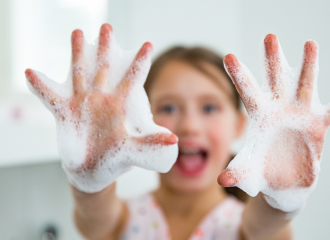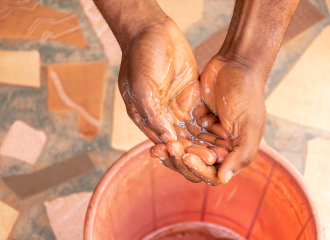
Antimicrobical Resistance

Antimicrobial Resistance (AMR) is one of the greatest public health threats of the 21st century, and, even today, it is a leading cause of death worldwide.1
AMR puts modern medicine as we know it at risk. AMR makes common infections untreatable and surgical procedures potentially life-threatening due to the risk of infection. The main drivers of AMR are the overuse and misuse of antibiotics for common infections. Effective hygiene in our everyday lives offers a way to maximise protection against infection, reducing the need for antibiotics and the development of AMR.
The GHC is advocating for changes to policies and guidance to reduce the global impact of AMR:
- National AMR committees should recognise that improved hand and surface hygiene in the home and community are key mitigation tools in reducing the spread of infections and AMR. To achieve this, global and national AMR action plans should include recommendations for improved hygiene in the wider community.
- Any new Infection Prevention and Control (IPC) advice, guidance or education for healthcare professionals (HCPs) on hand and surface hygiene and its relationship with AMR should not be limited to healthcare settings; it should include recommendations for public health in the wider community.
- Medical associations and frontline HCPs should reinforce the vital role of hygiene in homes and communities to prevent infections and reduce the need for antibiotics, helping to mitigate the threat of AMR.
Antibiotic Resistance: How hygiene can help to reduce its impact
Reference:
- Antimicrobial Resistance Collaborators. (2022). Global Burden of Bacterial Antimicrobial Resistance in 2019: A systematic analysis. Lancet. 2022;399(10325):629–655.
Discover more of our initiatives and the other areas we're making an impact in.
Contact Us
The GHC enters partnerships with governments, academic institutions, leading health experts, non-governmental organisations (NGOs), non-profit organisations and healthcare organisations to help drive tangible and meaningful hygiene policy and behaviour change at both a local and global level.
